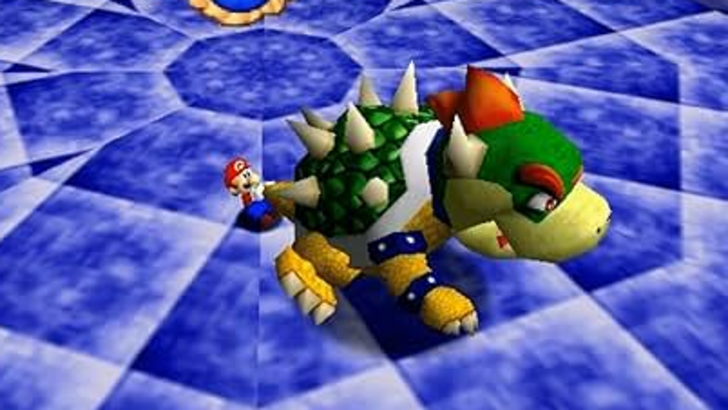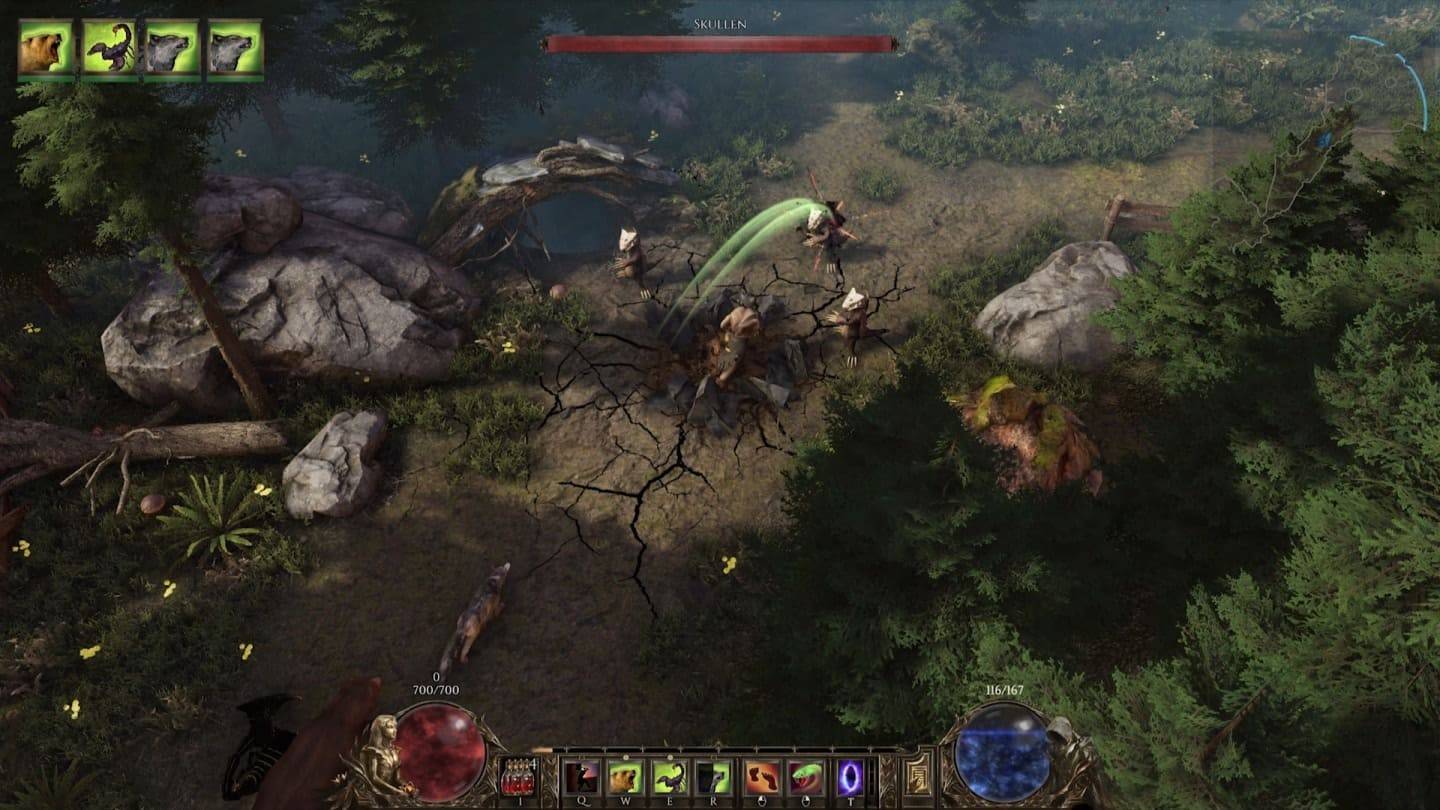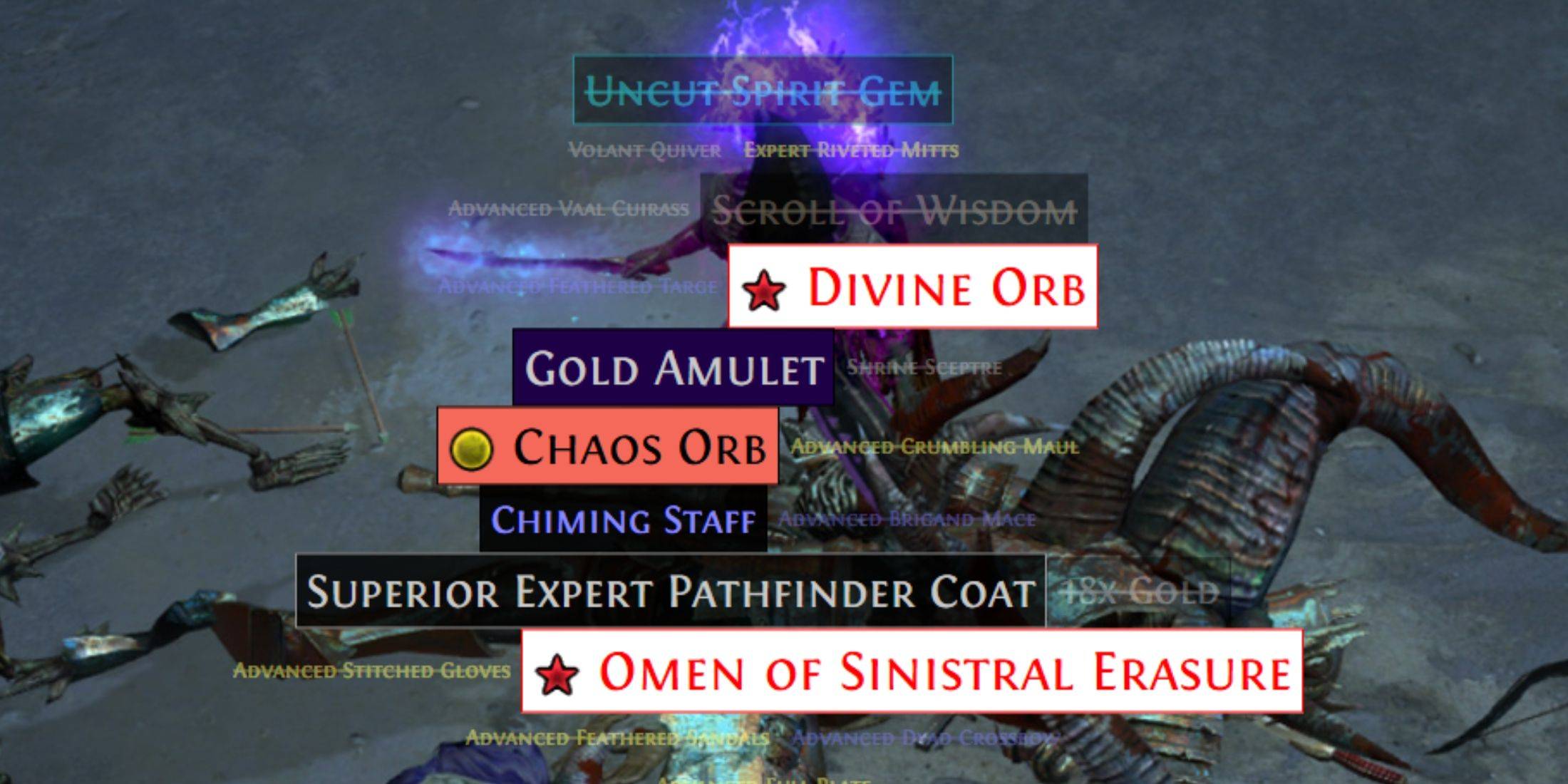The last 48 hours have been a whirlwind for both economics enthusiasts and Nintendo fans alike. On Wednesday, the gaming community was hit with the news that the upcoming Nintendo Switch 2 would carry a hefty price tag of $450 in the U.S. Analysts attribute this high cost to a mix of anticipated tariffs, inflation, competitive pressures, and rising component costs.
Then, just last night, the Trump Administration shook the global market by announcing sweeping 10% tariffs on products from nearly every country, with significantly higher tariffs imposed on key trading partners such as China, the EU, Japan, Vietnam, Canada, Mexico, and many others. In a swift response, China unveiled a 34% reciprocal tariff on all U.S. goods this morning. Amidst this turmoil, Nintendo made a sudden announcement just hours ago, deciding to postpone pre-orders for the Nintendo Switch 2 in the U.S. to reassess the impact of these new tariffs on their console strategy.
This unprecedented economic environment has left analysts, experts, and consumers alike scrambling to understand the full implications. Just 30 minutes before Nintendo's surprising pre-order delay was revealed, I had the opportunity to speak with Aubrey Quinn, a spokesperson for the Entertainment Software Association (ESA), to delve into how these tariffs might affect the broader gaming industry.
The ESA, like many organizations, is currently navigating these uncertain waters. Quinn indicated that while they anticipated some form of tariffs based on previous actions by the Trump Administration and campaign rhetoric, the exact nature and scope of these measures were still being assessed. She highlighted the potential for retaliatory actions from countries like China and the possibility of further U.S. tariffs, but emphasized that the final impact remains unclear.
However, the ESA is confident that these tariffs will have a negative effect on the video game industry. "We are closely monitoring the situation and avoiding knee-jerk reactions, as we believe President Trump's announcement this week is not the final chapter," Quinn stated. "Yet, the tariffs as they stand will have a real and detrimental impact on our industry and the millions of Americans who enjoy gaming. Our aim is to collaborate with the administration and other elected officials to find solutions that protect U.S. businesses and gamers alike."
Quinn elaborated that the impact extends beyond just higher prices for gaming systems. "It's challenging to envision a scenario where these tariffs won't affect pricing," she noted. Additionally, consumer spending will be affected, which in turn influences company revenues, job security, investment in research and development, and even the design of future consoles. "The entire consumer ecosystem is interconnected," she added.
In response, the ESA is taking action, though Quinn admits that the process has been slow due to the recent change in administration and the appointment of new officials. The ESA has already joined a coalition of trade associations to voice concerns to U.S. Trade Representative Jamieson Greer before the tariff news broke. They are also seeking meetings with various legislators and administration members to discuss these issues.
When asked about the effectiveness of these efforts, Quinn confirmed that conversations are indeed taking place across different levels of government, including with members of the administration and the Office of the United States Trade Representative. "This isn't just a video game issue; it affects all consumer products, from food to fashion to electronics," she emphasized.
For concerned consumers, Quinn recommends reaching out to their elected representatives through letters, calls, emails, or social media to express their concerns. "The more government officials hear from their constituents, the more likely we are to be heard and make a meaningful impact," she advised.
Nintendo's decision to delay Nintendo Switch 2 pre-orders came shortly after our discussion, prompting a follow-up question to Quinn. She noted that the ESA refrains from commenting on the actions of individual companies. Yet, regarding the Nintendo Switch 2's pricing, she remarked, "It's unfortunate that the timing of the Switch 2 reveal coincided with President Trump's tariff announcement. This issue affects a wide range of gaming devices, from consoles to VR headsets, smartphones, and PCs. It's not just about the Switch; the entire industry will feel the impact, regardless of the company."

 Latest Downloads
Latest Downloads
 Downlaod
Downlaod




 Top News
Top News









